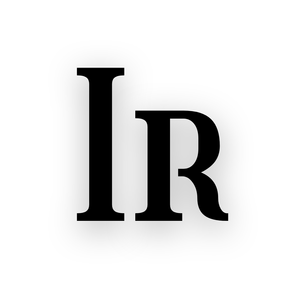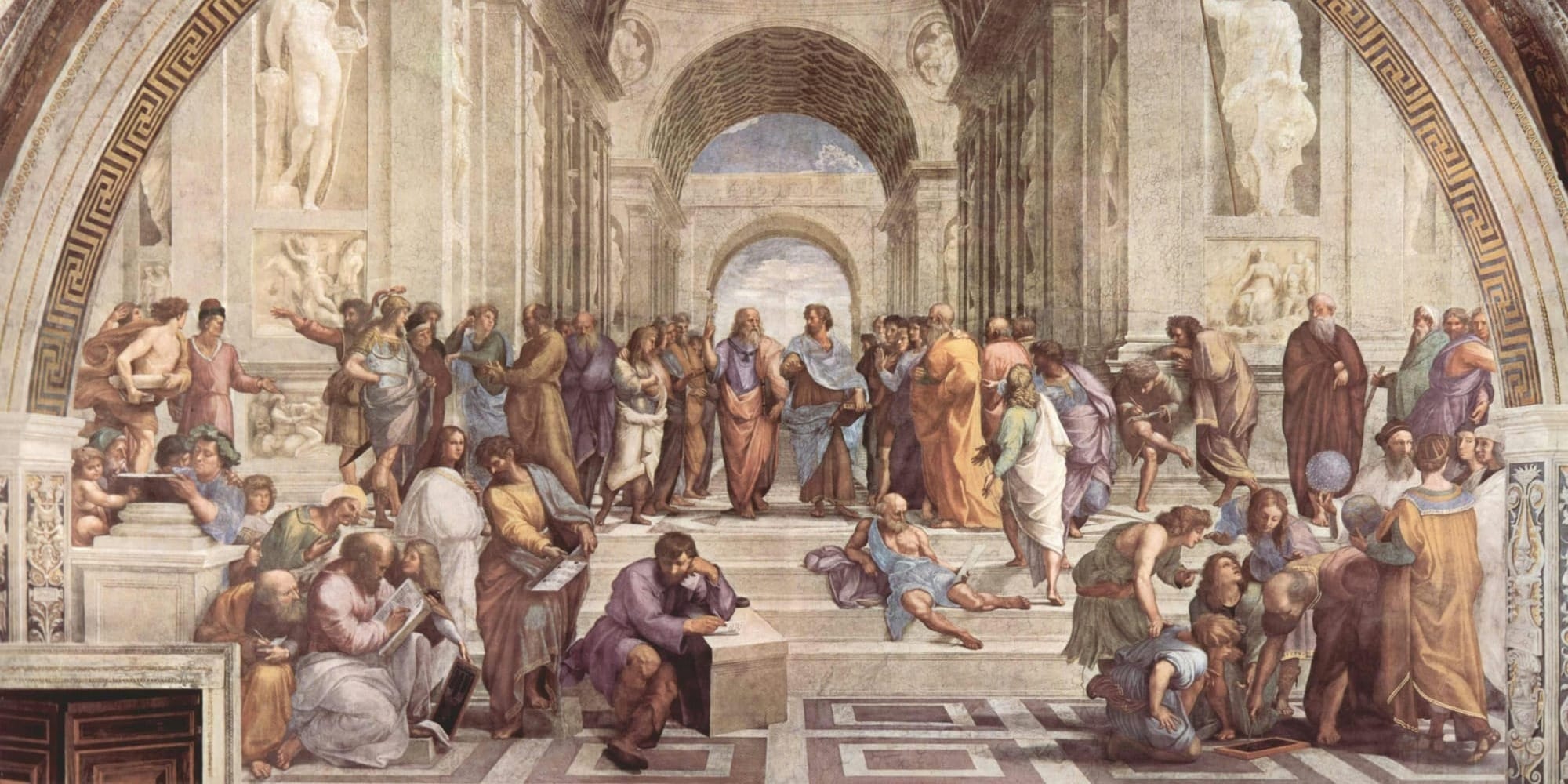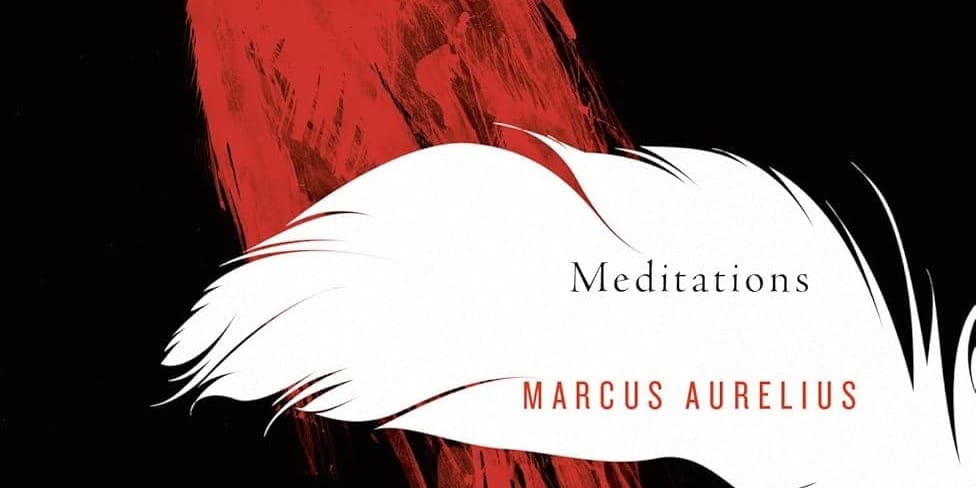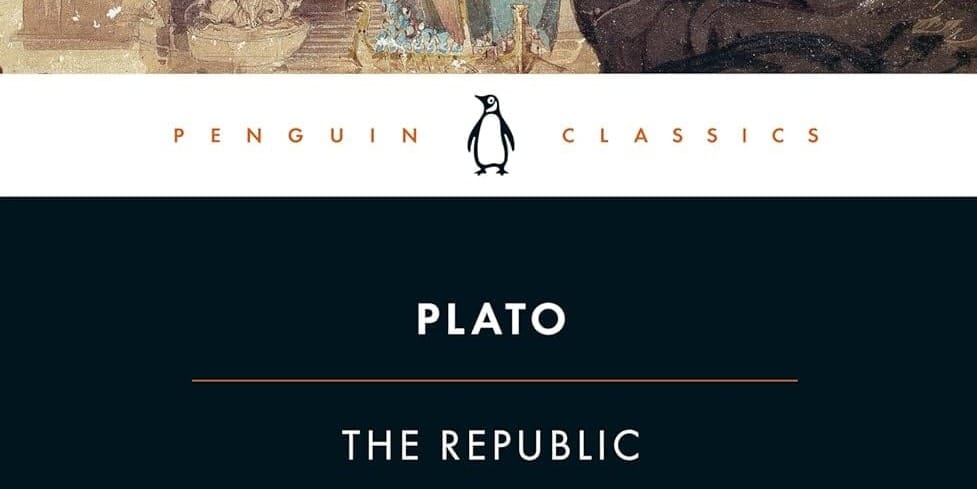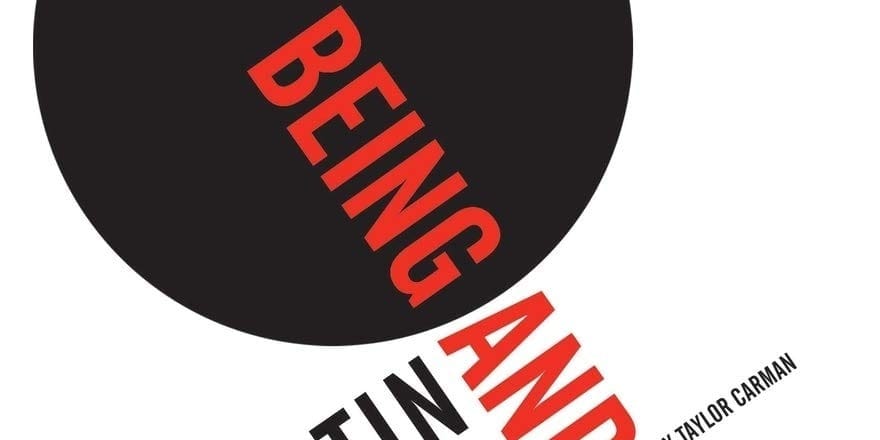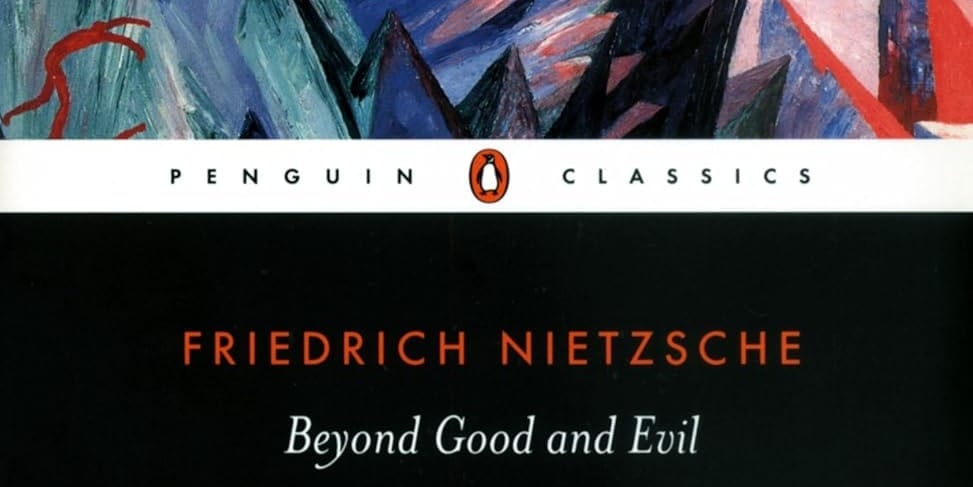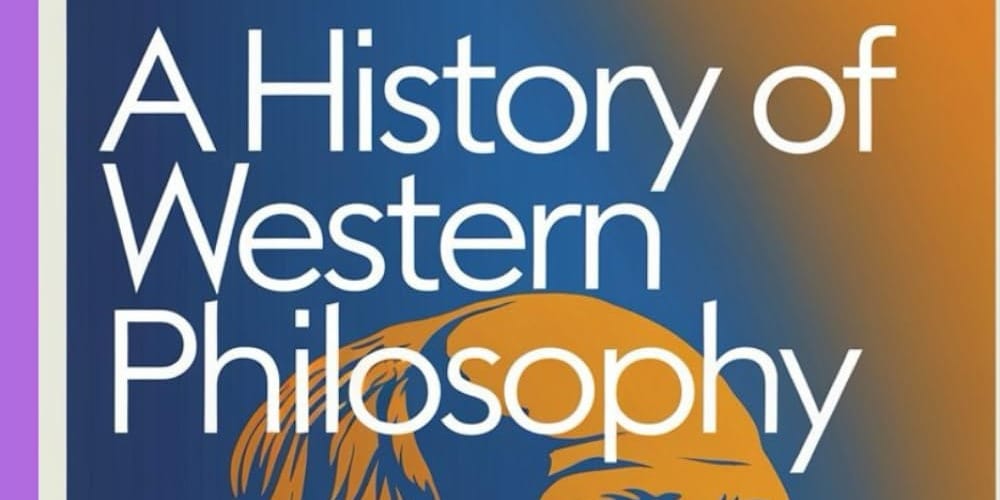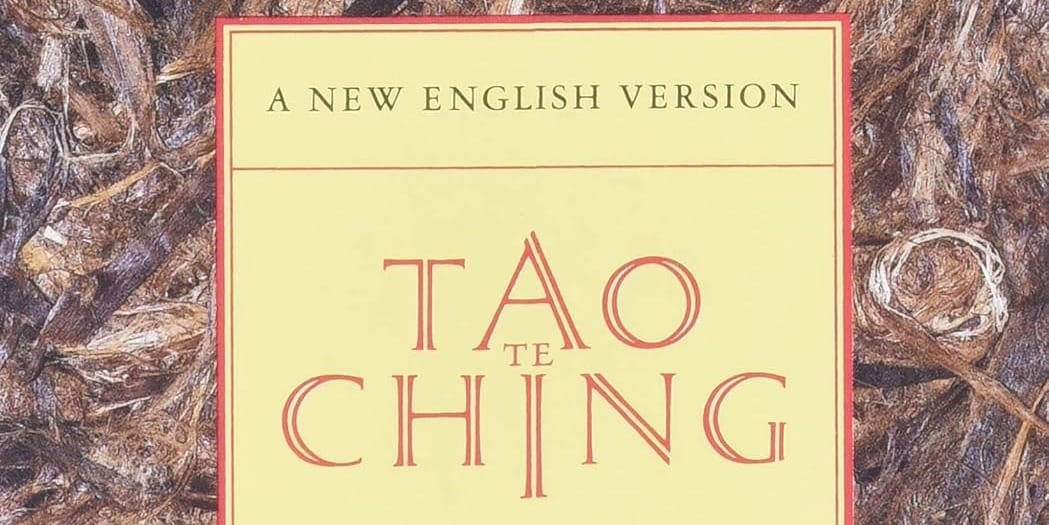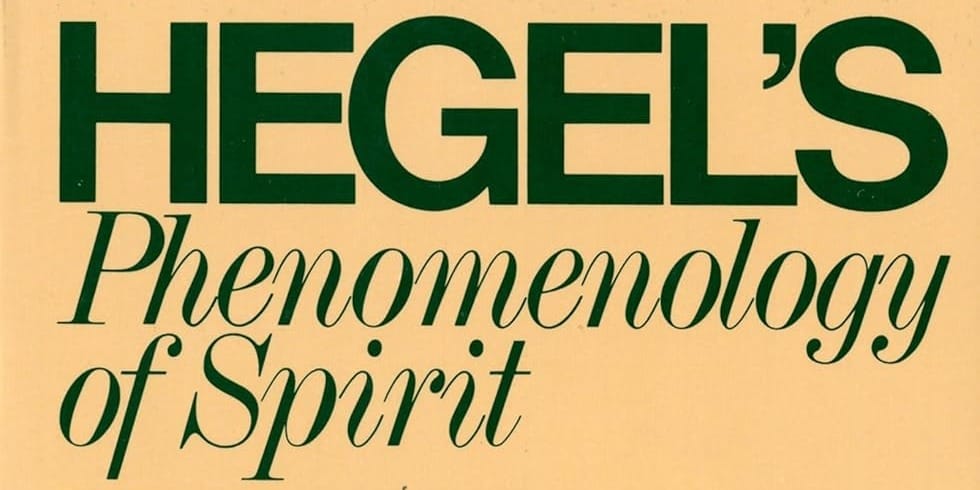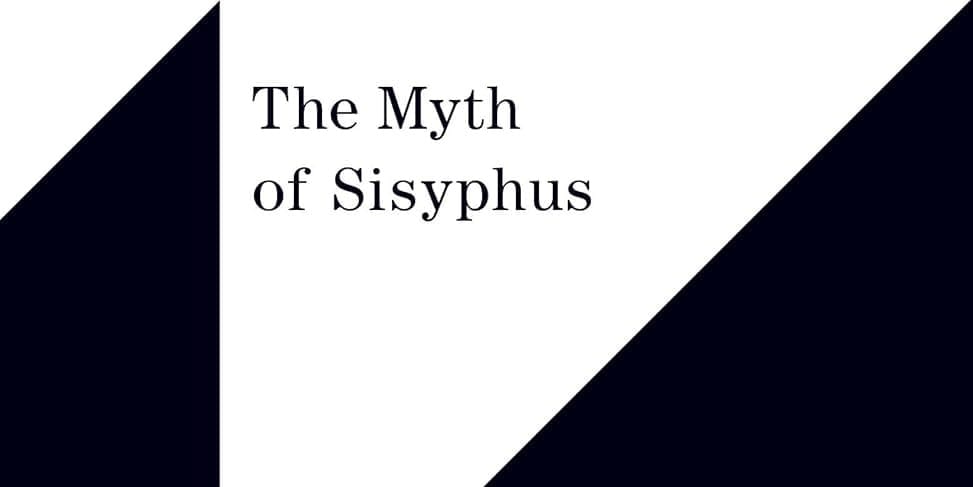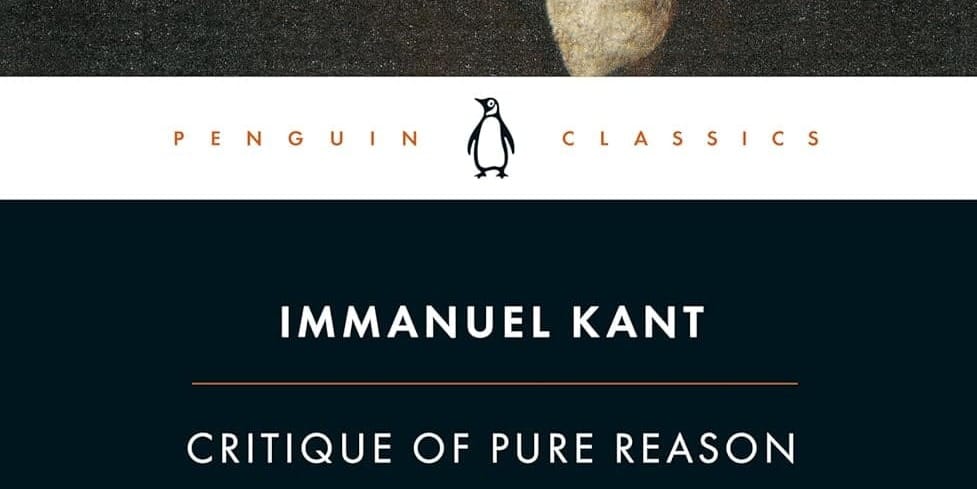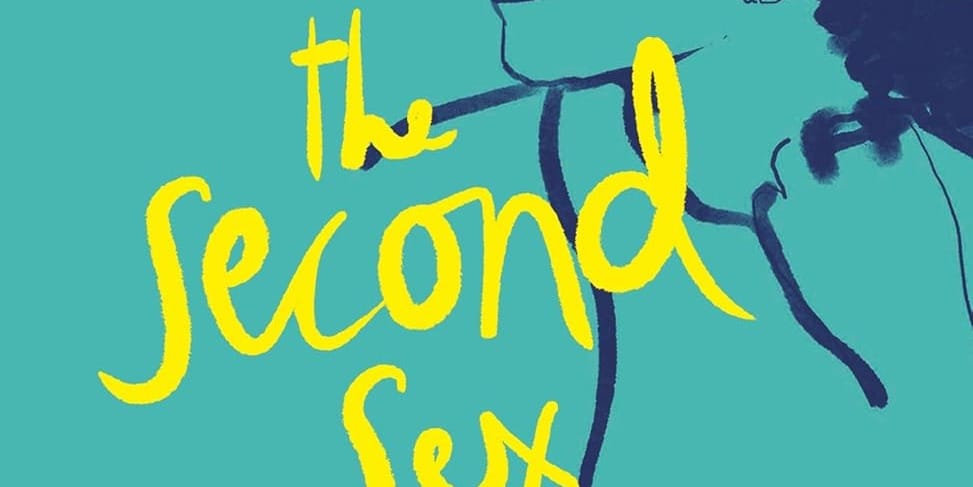Philosophy is a vast, fascinating field that probes the deepest questions about life, existence, and human nature—challenging us to think, question, and grow. Whether you're a beginner dipping your toes into the philosophical waters or a seasoned thinker looking to expand your library, finding the right books can be transformative. This guide is designed to help you explore the most impactful philosophy books—from timeless classics to modern explorations of thought—offering insights into ethics, existence, and the human condition. Let’s embark on this intellectual journey together.
Why Read Philosophy Books?
Philosophy isn't just for academics or abstract thinkers; it's a tool for understanding life, society, and ourselves. Reading philosophy books can open your mind to new perspectives, sharpen your critical thinking skills, and help you grapple with the big questions—like what it means to live a good life or whether free will truly exists. These books act as guides, challenging us to examine our beliefs and encouraging us to grow intellectually and spiritually. They also serve as a window into the evolution of human thought across cultures and eras, helping us see the threads that connect ancient wisdom with contemporary issues.
1. Meditations by Marcus Aurelius
Marcus Aurelius, a Roman Emperor and Stoic philosopher, penned Meditations as a series of personal reflections on how to lead a virtuous life. This timeless work offers practical advice on resilience, self-discipline, and perspective. The Stoic principles outlined here are particularly relevant in today’s chaotic world, reminding us to focus on what we can control and let go of what we cannot. It's a deeply introspective book that feels both ancient and modern.
2. The Republic by Plato
Plato’s The Republic is one of the foundational texts of Western philosophy. It explores justice, the ideal society, and the nature of reality itself through engaging dialogues led by Socrates. This book isn’t just a theoretical treatise; it challenges readers to think critically about governance, morality, and the role of individuals within society. It’s as relevant now as it was 2,500 years ago.
3. Being and Time by Martin Heidegger
A monumental work in existentialist philosophy, Being and Time delves into the nature of being and the human experience of time. Heidegger’s dense but rewarding text challenges readers to confront their existence and authenticity. While it’s not the easiest read, it’s incredibly rewarding for those ready to grapple with profound existential questions.
4. Beyond Good and Evil by Friedrich Nietzsche
Nietzsche’s Beyond Good and Evil is a fiery critique of traditional morality and a bold exploration of individualism. This book examines the origins of our moral values and invites readers to embrace the idea of the "Übermensch," or overman, as a model for personal growth. Nietzsche’s writing is provocative, poetic, and deeply influential, making it a must-read for anyone interested in challenging conventional thinking.
5. A History of Western Philosophy by Bertrand Russell
Russell’s sweeping overview of Western philosophy is both accessible and comprehensive. From the Pre-Socratics to modern thinkers, A History of Western Philosophy provides a clear, engaging introduction to major philosophers and their ideas. It’s an excellent starting point for beginners and a valuable resource for those looking to deepen their understanding of the field.
6. Tao Te Ching by Laozi
One of the foundational texts of Eastern philosophy, Laozi’s Tao Te Ching offers profound wisdom on balance, harmony, and the nature of existence. Its poetic verses emphasize simplicity, humility, and alignment with the Tao, or "way." This timeless book resonates with readers seeking a more contemplative and holistic approach to life.
7. The Phenomenology of Spirit by G.W.F. Hegel
Hegel’s The Phenomenology of Spirit is a challenging but rewarding exploration of consciousness, self-awareness, and the dialectical process of human development. This book is essential for understanding the evolution of thought in Western philosophy and has influenced countless fields, from politics to psychology. It’s a cornerstone for anyone ready to dive into the complexities of human experience.
8. The Myth of Sisyphus by Albert Camus
Camus’s The Myth of Sisyphus is a profound exploration of the absurdity of life and the human struggle for meaning. Using the Greek myth of Sisyphus as a metaphor, Camus argues that while life may lack inherent meaning, we can create our own purpose through rebellion and resilience. It’s a beautifully written and deeply humanistic work that inspires readers to embrace life’s challenges.
9. Critique of Pure Reason by Immanuel Kant
Kant’s Critique of Pure Reason is a seminal work in modern philosophy, addressing the limits of human understanding and the relationship between perception and reality. Though intellectually demanding, this book lays the foundation for much of contemporary philosophy and is a must-read for those interested in epistemology and metaphysics.
10. The Second Sex by Simone de Beauvoir
A pioneering work in feminist philosophy, The Second Sex by Simone de Beauvoir examines the historical and cultural construction of womanhood. It’s both a philosophical treatise and a call to action, challenging societal norms and advocating for equality. This book is essential for understanding the intersection of philosophy and gender studies.
Final Thoughts: Why These Books Matter
The books listed here represent a wide spectrum of philosophical thought, spanning cultures, eras, and themes. From Stoicism to existentialism, and from ancient wisdom to modern critiques, they provide a comprehensive foundation for anyone interested in exploring philosophy. Each book offers unique insights into the human condition, encouraging readers to question, reflect, and grow.
By delving into these works, you’ll gain a deeper understanding of not only philosophy but also yourself and the world around you. This guide is just the beginning—let these books ignite your curiosity and guide you toward further exploration. Philosophy isn’t just an academic pursuit; it’s a journey of self-discovery, and there’s no better way to start than with the wisdom contained in these pages.
💬 Psst… Many of the books from the list are available to read for free with Kindle Unlimited or listen for free with Audible — both offer 30-day free trials for new users. Perfect if you’re trying to read (or listen to) more without spending more.
